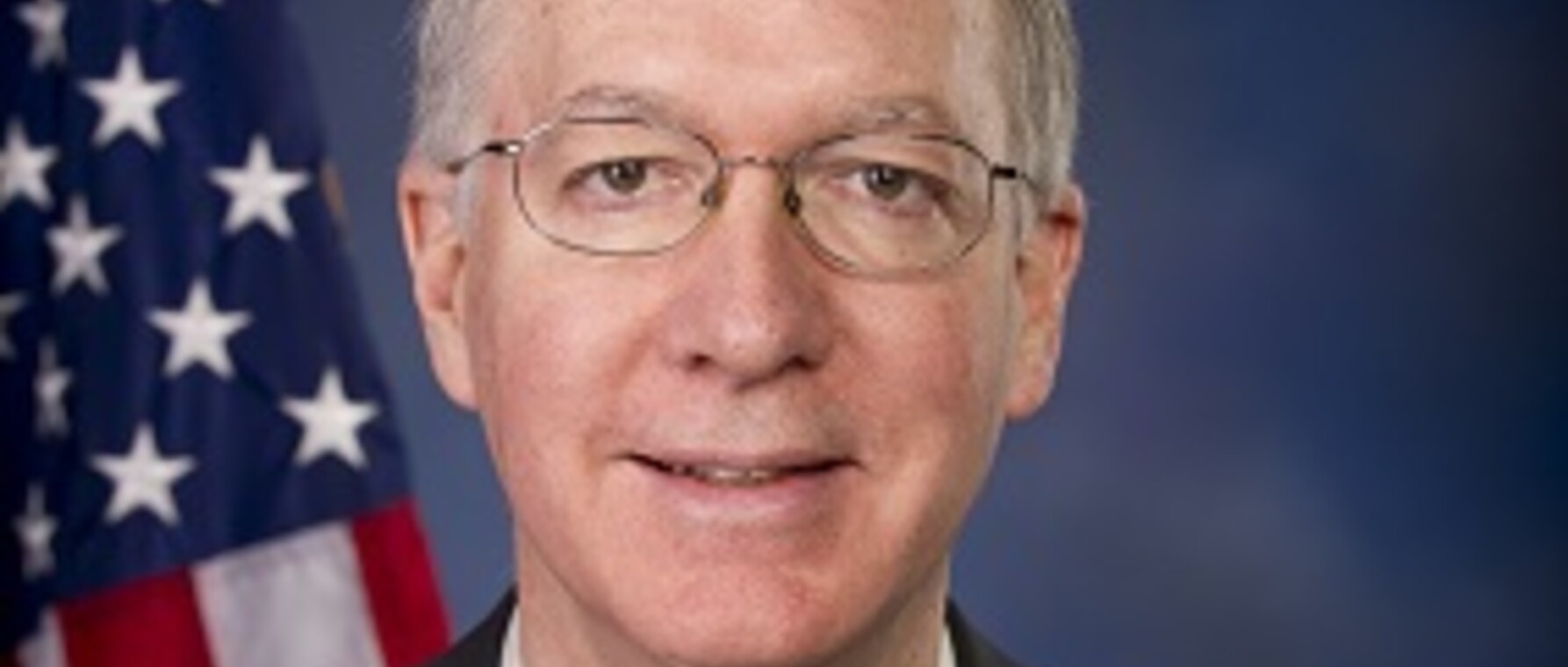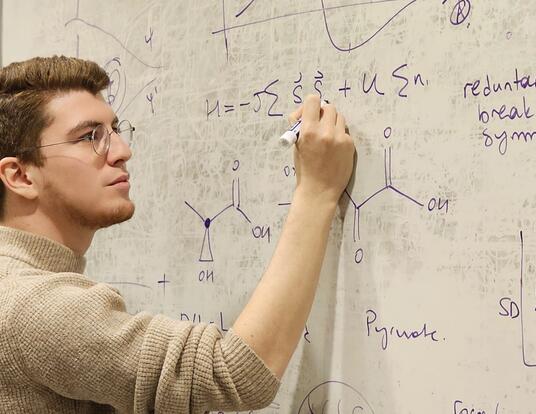The Last Physicist in Congress

Bill Foster didn’t plan on a career in politics. He founded and ran a successful business for several years before returning to his first love: physics. After earning his PhD from Harvard, he started yet another career: as a US Congressman representing the 14th, and later the 11th district of Illinois. Colloquy magazine sat down with Congressman Foster to talk about the intersection of science and politics.
How would you say your background in science influences the way that you make decisions in Congress?
I try to start out with facts and logic. That doesn’t always provide the complete answer, but it’s always the best starting point. Scientists start with all of the known facts, describe their experiments, the results of those experiments, and then at the end come to the conclusion. In politics, it’s almost the exact opposite of that. In politics, most people are only interested in the headline. You have to get that out first if you intend to communicate at all.
What is the best route to reach the people who are making decisions in our government, particularly at the federal level?
Very often the best point of contact are the staff who provide advice to members of Congress on specific technical areas. Unless of course the member of Congress happens to have a PhD in physics!
Right! When you were first elected to office, there were several more PhD scientists in Congress.
When I first entered office, I was actually the third PhD physicist, but I believe we had a chemist or two. One by one they’ve all retired, and now I’m the only PhD scientist, hard scientist, that remains. We have some political scientists and a PhD mathematician.
Why are there fewer PhDs in Congress today?
Well, I think part of it is the reality of running for office today. You have to change the way you talk in politics. There’s a long list of neurons that you have to deaden to turn a scientist’s brain into a politician’s. It’s necessary to repeat your fundamental message again, and again, and again. In the course of a campaign, only a small fraction of the people who might vote for you will get a chance to listen to you, and likely only for a few seconds. And during those few seconds that had better be your fundamental message. For me it was: “I’m Bill Foster, I’m a scientist and a businessman. I’ll bring the kind of change we need to Washington, DC.” And you say that again and again until it makes you queasy.
Whereas as a scientist you want to be saying something novel, and get your message across concisely.
Yes, exactly. Like the old joke about a professor who gets a question in class and says, “Well, like I told you last year…”
What is it like working in Congress and being a scientist among people who more frequently have a background in law or economics?
I often serve as a lightning rod for technical questions, like cybersecurity, or the Iran nuclear deal. If you actually read the text of the Iran nuclear deal it’s very technical. There is an entire page devoted to a table of reactor core specifications, changes the Iranians had to make to their heavy water reactor to make sure it could never be used to make large amounts of weapons-grade plutonium. I was asked to explain these requirements by members on both sides of the aisle.
One of the toughest things is explaining scientific uncertainty to people who are not trained to think in probabilistic terms. When you’re talking about issues like climate change, where there is some statistical uncertainty around the exact fraction of climate change that can be attributed to manmade activities, people looking for quick answers say, “Oh, therefore you don’t know anything at all.” And that’s not the case.
I think you have to be careful to separate things that are scientifically knowable, and things that are judgment calls. There is no scientific answer to the question of how you weigh the positive or negative effects of any policy change.
“Scientists start with all of the known facts, describe their experiments, the results of those experiments, and then at the end come to the conclusion. In politics, it’s almost the exact opposite of that. In politics, most people are only interested in the headline. You have to get that out first if you intend to communicate at all. ”
Do you hope that more and more scientists come into Congress?
I’ve spent a lot of my time trying to recruit scientists to get into this business. It is, to my mind, a very high-payoff activity. Not only would I like to recruit scientists, but engineers. A theoretical physicist can explore speculative universes that may or may not exist. Engineers have to build bridges that don’t fall down in the real world. That’s a very useful skill.
Anger and emotion seem very central to the political sphere right now. What is the way forward for someone who is driven by logical thinking?
I have come to appreciate that there is a big difference between my two careers. If you’re a scientist and you stand up and say something that you know is not true, it is pretty much a career-ending thing. It used to be that way in politics. But apparently, not anymore. It’s been hard for me to understand that there’s a big difference between a scientific fact, and a historical fact, and a political fact. If you look at the stock market, household net worth, even the rate of layoffs that were going on after the 2008 economic crisis—they all just turned on a dime when we passed the stimulus. Republicans were able to establish the political fact that the stimulus failed by repeating that message over and over again. It’s disconnected from economic reality, but I have to accept it as a political fact. It’s one of the challenges of this business.
Are you concerned that if political facts differ so radically from scientific facts, then that’s driving an increase in skepticism about science?
You see a very deliberate attempt to discredit science, for example among climate change deniers. It’s similar to the deliberate attempt to discredit newspapers and the so-called mainstream reporting that America used to depend on. It’s very destructive.
If you could send a message to your colleagues in the scientific community, what would it be?
Get involved with the public. Volunteer at a science fair, serve in elected office. It’s equally valuable to have a PhD scientist on a school board or city council or serving as a local mayor as it is to have one serving in the US Congress or the Senate.
Get the Latest Updates
Join Our Newsletter
Subscribe to Colloquy Podcast
Simplecast





